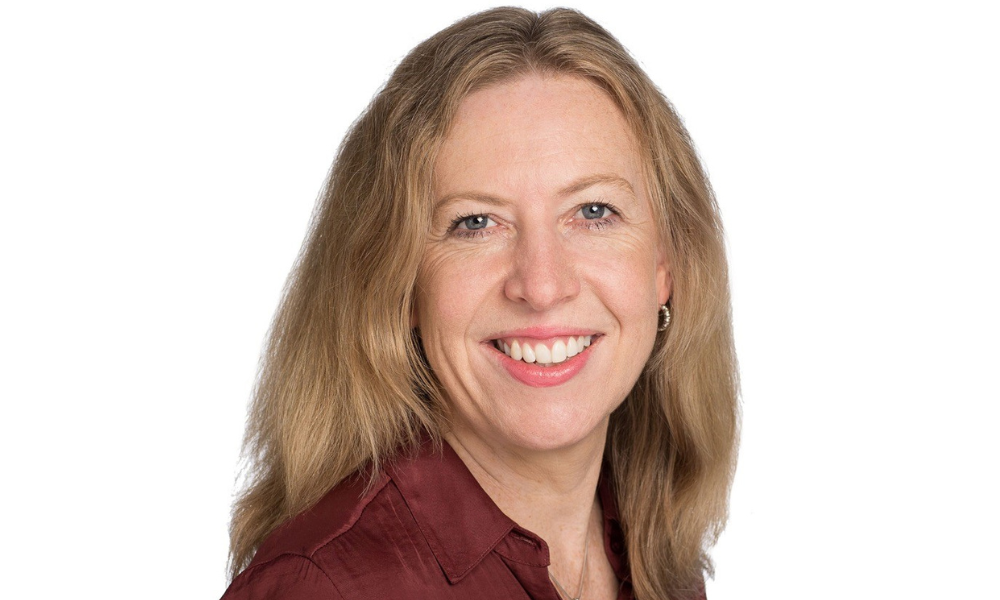
Southern Cross Healthcare's Joanne Fair on how organisation supports employee wellbeing

What Joanne Fair, chief of people and culture at Southern Cross Healthcare, enjoys the most about working in HR is the diversity of work she does.
“We have the opportunity to work right across the business because everything the business does is ultimately about people,” she said. “So there's always a role for us to support, to coach, to lead, to develop, to improve that employee experience.
“And what I love about HR is that we're always operating at two levels. We're always looking strategically: ‘How do we strengthen the business for the long term?’ But then on a day-to-day basis: ‘How do we create a much better employee experience?’”
Fair first joined Southern Cross Healthcare because she was looking for a company that was both transformational and purpose driven.
“Southern Cross is on a journey with a new strategy and a new focus to really reinvent and reimagine healthcare,” Fair told HRD New Zealand. “So that was very attractive and obviously in a sector where there's a lot of meaning and a lot of purpose in terms of what we do in our day-to-day.”
The organization has 10 hospitals across New Zealand and 18 joint ventures, which cover a variety of healthcare services including surgery, endoscopy, workplace health and mental health.
Leadership at Southern Cross
Fair says Southern Cross has implemented a range of initiatives around building its leadership capabilities.
“We call it ‘meaningful moments’, which is all about ‘How do we support our leaders to have better conversations with their teams?’” she said. “We've done leadership training, but we've also changed our approach to performance and development conversations to make them more real and more meaningful at an individual level.”
The company has also invested in lifting the capability and skills of its nurses and focused on inclusion and kaupapa Māori.
“We've been really intentional over the last year around investing in creating a more inclusive environment,” she said. “So things like taking the rainbow pledge, the gender pledge, investing behind accessibility and really starting to talk about kindness in the workplace, which is really important in our sector.
“And then also kaupapa Māori; so re-looking at how we recruit, how we develop, how we grow our Māori workforce and how we build cultural capability. It's actually been a really busy but very fulfilling 12 months where we've lifted all this capability.”
A focus on wellbeing
One of the key trends Fair has been seeing, not only in the healthcare sector but on a macro-level, is a focus on wellbeing.
“Certainly within healthcare, we've come out of some really challenging years, obviously with COVID and other constraints,” she said. “And our workforce are really amazing and they're really amazing about caring for their patients. We're starting to put a lot of focus on how we support people to also really care for themselves.”
To support its workers, Fair described how Southern Cross:
“Nicki Macklin, who's currently doing her PhD, has been working with us around really focusing on the importance of kindness within our industry,” Fair said. “Kindness to ourselves and kindness to each other.”
The role of HR
When it comes to implementing a successful HR strategy, Fair suggested that HR leaders keep it meaningful, simple and real.
“Sometimes in HR, there can be a temptation to say, ‘This is the latest best practice’,” she said. “Our role should be focused on what are the actual challenges and opportunities and how do we show up to support that.”
Fair also believes HR has an important role to play in supporting leaders to have confidence in conversations.
“If we distill everything we do in HR down to its essence it’s about ‘How do we have really good, authentic conversations within an organisation around performance, around development, around capabilities?’
“I think sometimes it can feel a bit more complex than what it is. The most important thing a leader can do is to ask ‘Are you okay? How's it going? How do I support you?’ If leaders just did that one simple thing, then that would already make an amazing shift.”